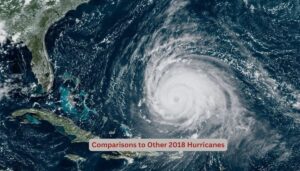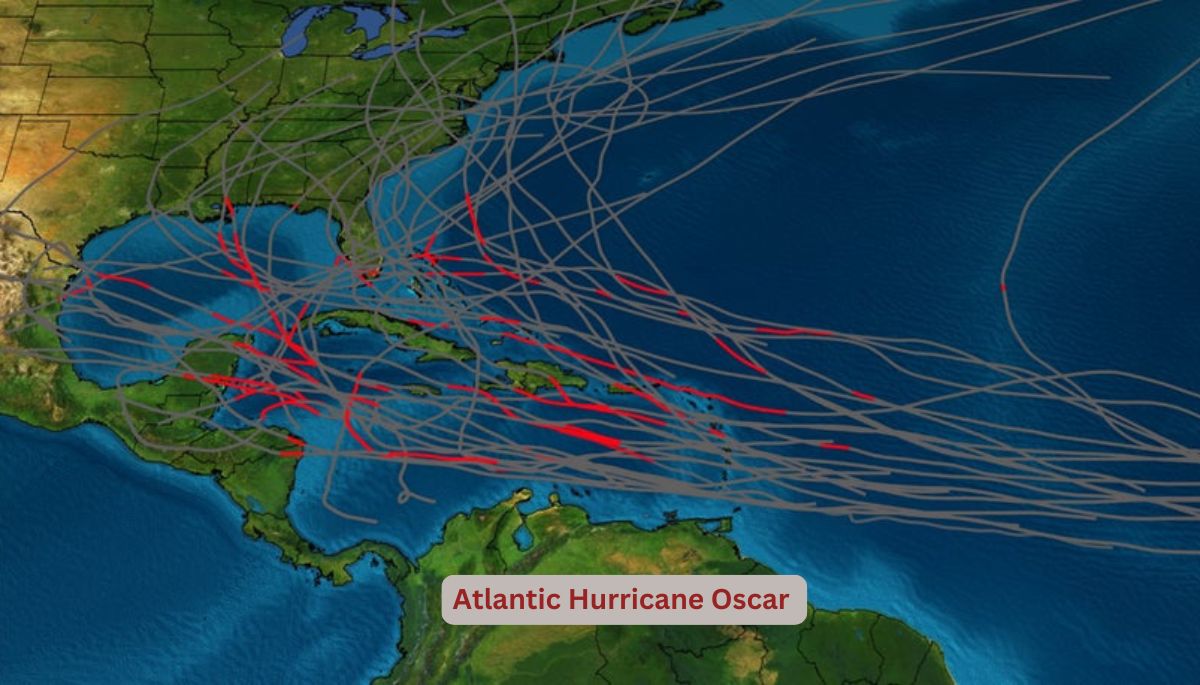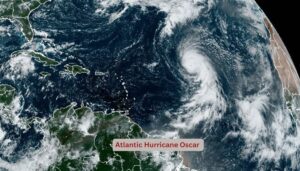The 2018 Atlantic hurricane season was one of notable strength and unpredictability, producing numerous intense storms, including the memorable Hurricane Oscar. This article explores the Atlantic hurricane season’s complexities in 2018, focusing on Hurricane Oscar’s development, impact, and unique attributes. We’ll cover the storm’s origins, its category, its journey across the Atlantic, and how it compared to other hurricanes that year. For those interested in weather patterns, hurricane season preparation, and the science behind tropical storms, this guide provides in-depth information on how Oscar and the 2018 hurricane season made headlines.
What is the Atlantic Hurricane Season?
The Atlantic hurricane season spans annually from June 1 to November 30, a time when the atmospheric and oceanic conditions in the Atlantic Basin are favorable for tropical cyclone development. During this period, hurricanes and tropical storms are most likely to occur, particularly in regions including the Gulf of Mexico, the Caribbean Sea, and the North Atlantic Ocean. This season often brings a mix of storm types, from minor tropical depressions to Category 5 hurricanes, each with varying impacts on land and sea.
Overview of the 2018 Atlantic Hurricane Season
The 2018 hurricane season was active and marked by several notable storms. According to meteorologists, it was the third consecutive above-average season, with 15 named storms, eight hurricanes, and two major hurricanes reaching Category 3 or higher. This season saw a mix of short-lived tropical storms and intense hurricanes, with Hurricane Oscar being one of the season’s significant storms.
How Hurricane Oscar Formed: The Initial Development
Hurricane Oscar began as a low-pressure system in the tropical Atlantic and gradually strengthened due to warm sea temperatures and favorable wind patterns. Oscar developed initially as a tropical storm on October 27, 2018, before eventually reaching hurricane strength on October 28. The rapid intensification was attributed to optimal atmospheric conditions, which allowed the storm to gain speed and strength quickly.
Oscar’s Journey: Tracking the Path of the Storm
Oscar moved through the central Atlantic, far from the eastern coast of the United States. Unlike hurricanes that make landfall, Oscar remained over open waters, sparing land areas from direct impacts. However, the storm’s movements and intensity fluctuations provided valuable data for forecasters and meteorologists. Oscar ultimately became a Category 2 hurricane, a level of strength that can produce sustained winds of up to 110 mph.
What Made Hurricane Oscar Unique?
Several factors contributed to Hurricane Oscar‘s unique characteristics. First, its late-season development was notable, as it formed well after the peak hurricane season in September. Additionally, Oscar’s path over open waters allowed it to grow without causing land-based destruction, a rare scenario for hurricanes of similar strength. Oscar’s relatively small size and rapid intensification also offered insights into tropical storm behavior in the Atlantic.

Comparisons to Other 2018 Hurricanes
Oscar was one of several hurricanes in 2018, each with unique traits and paths. For example, Hurricane Florence made a significant impact on the United States, particularly in the Carolinas, due to extensive flooding and wind damage. Hurricane Michael, another storm from the same season, reached Category 5 status and struck the Florida Panhandle, leaving a trail of destruction. In contrast, Oscar’s impact was limited to the ocean, with minimal effects on populated areas, highlighting the diversity within the 2018 season.
Why Atlantic Hurricanes Like Oscar are Monitored Closely
Each hurricane in the Atlantic is closely monitored for several reasons. Hurricanes have the potential to cause loss of life, severe property damage, and environmental disruption. Even though Oscar did not make landfall, storms like it are essential for researchers to study due to their unpredictable behaviors and intensities. Monitoring these storms helps improve forecasting accuracy, which ultimately aids in better preparedness and risk management for coastal communities.
The Role of Advanced Technology in Tracking Hurricanes
With advancements in satellite technology, meteorologists can now track hurricanes like Oscar with increased precision. Real-time data collection from satellites, ocean buoys, and weather radars offers valuable insights into a storm’s formation, path, and potential impact. In 2018, data collected on Hurricane Oscar helped refine models used to predict storm intensity and movement, making it possible to issue accurate advisories well in advance.
Impact of Hurricane Oscar on Oceanic and Atmospheric Conditions
Although Hurricane Oscar did not directly impact land, its presence affected the Atlantic’s oceanic and atmospheric conditions. The storm stirred up large waves, influencing local marine ecosystems and dispersing warm surface waters, which can alter sea temperatures temporarily. This interaction between hurricanes and ocean temperatures also plays a role in shaping future storm development, as changes in sea temperature can influence hurricane patterns in the Atlantic.
Preparing for Future Hurricanes: Lessons Learned from 2018
While Oscar spared land, the 2018 season reminded coastal areas of the importance of hurricane preparedness. Emergency management agencies, meteorologists, and residents are continually learning from each storm to improve response strategies. Key takeaways include the importance of early evacuation plans, community awareness, and access to real-time weather information, all critical for safety during hurricane season.
Read More – Hurricane Helene Missing People List Google Doc
Conclusion
Hurricane Oscar may not have made landfall, but it played an integral role in the narrative of the 2018 Atlantic hurricane season. Its formation, growth, and behavior offer valuable lessons about hurricane development, the impact of late-season storms, and the vital role of technology in tracking these powerful weather systems. As climate patterns continue to evolve, studying hurricanes like Oscar becomes increasingly important in helping us understand and respond to the complexities of the Atlantic hurricane season.

